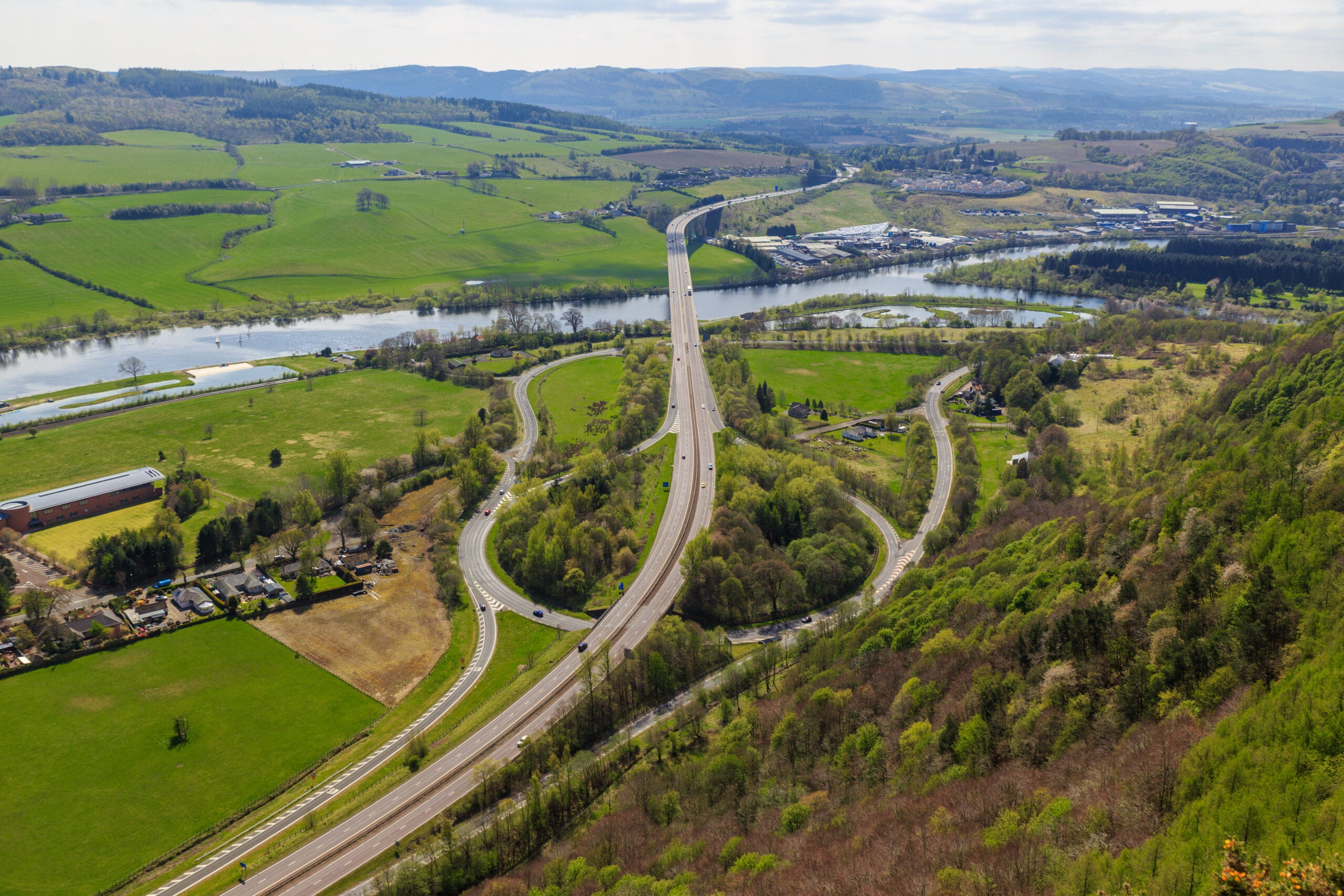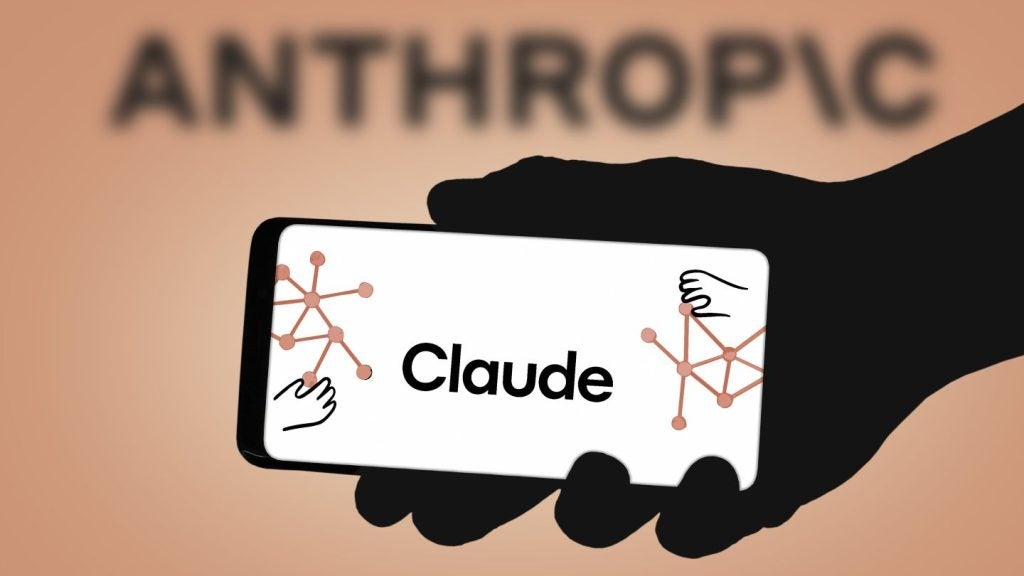
Scottish rural roads will become easier to maintain as the Scottish government plans to tap into the power of the Internet of Things (IoT) and develop a digital transport network management interface.
The transport network interface would display data in real-time monitoring of rural road conditions, alongside long-term changes to road conditions.
This will enable local authorities to better maintain roads at a distance and fuel informed decisions about road usage, Insider.co.uk reported. This can be particularly useful as the majority of roads in remote areas of Scotland are unsealed and could easily become slippery when wet and can be easily damaged by flooding.
The project would also, supposedly, empower local authorities to keep abreast of maintenance backlogs. Until now, the authorities have only checked in on the roads every few years.
A consortium of Scottish technology and research partners is developing the new interface. The consortium is part of the Scottish government’s Civtech 6 Accelerator programme. Partners include Dunfermline based startup DigiFlec, the Scottish IoT and sensors centre CENSIS, and Forestry and Land Scotland (FLS).
FLS has a 10,000-kilometre long road network which covers most of Scotland’s remote areas.
“Having a system that triggers alerts when a road is weak or a culvert is blocked or at risk of overflowing, is essential in making sure that potential problems can be quickly responded to,” Steven Gillian, director at DigiFlec, told Verdict. “And that FLS can be sure they are justified in sending someone to a remote location to clear a culvert.”
How will the Internet of Things help maintain roads?
IoT refers to internet-connected devices. Connected devices can be used in everything from setting the mood with smart lighting and an Alexa at home to monitor and prevent congestion on roads. IoT devices have also been identified as one of the technologies that can help cities beat the next heatwave by monitoring and gathering data.
The Scottish government’s new IoT infrastructure will work in a similar way. It will use remote sensors to monitor the FLS road network. The sensors will collect data on temperature, moisture and potential culvert blockages.
“The remote sensors are deployed in significant locations, and areas prone to damage and degradation are highlighted, to develop an understanding of how the environmental conditions are impacting that specific area,” said Gillian. “Understanding is further deepened by monitoring the types of vehicles and their frequency, so the load the road is under can be understood. Conventional monitoring methods can offer only limited data about traffic”.
The network will analyse the data once it’s been collected to provide better reports on road conditions, enabling maintenance teams to use its limited resources more effectively.
“It is clearly not cost effective nor practical time wise, to constantly have personnel out monitoring these roads,” said Gillian. “This is compounded by connectivity problems (lack of coverage etc.) and lack of power. “
The digital transport network project has also found test locations on Blairadam and Auchineden roads for its IoT sensors to gather and transmit road information and conditions data.
Research firm GlobalData estimates in a new report that the global IoT market will be worth $1.1tn by 2024.







